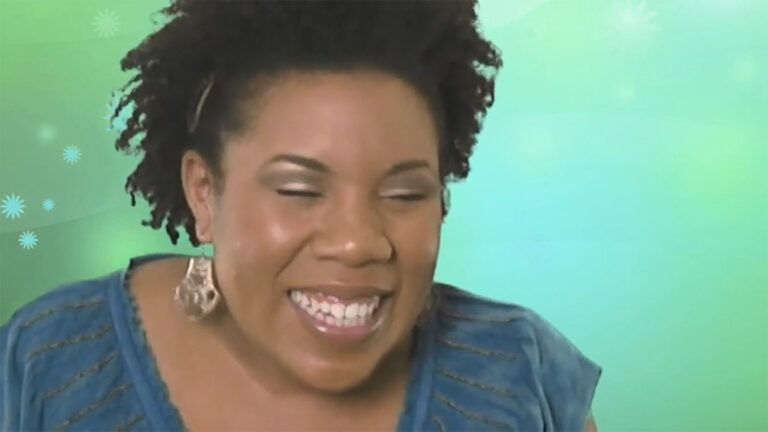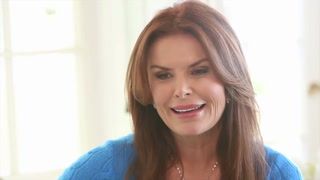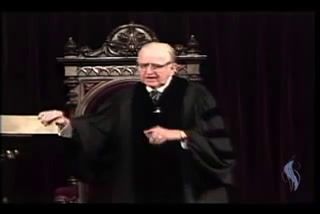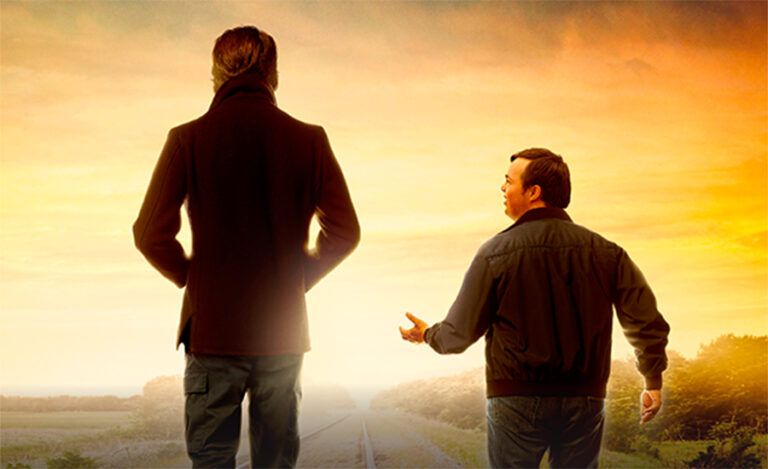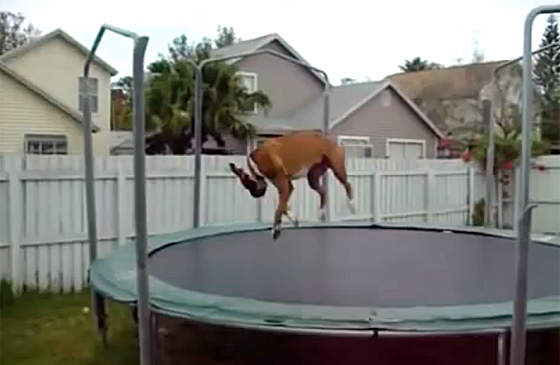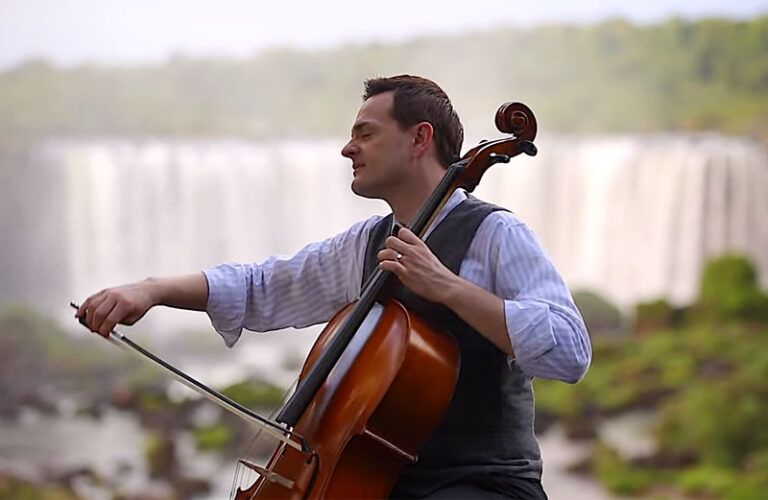
Two Cousins Who Both Descend from a Slave Owner on Faith and Healing
Phoebe Kilby and Betty Ann Kilby Fisher Baldwin reveal how their unlikely discovery that they were cousins helped Phoebe grasp more fully the marks racism and slavery have left and Betty to more fully embrace the practice of forgiveness.
Unlock a world of inspiration right in your inbox! Sign up for our newsletters today and get uplifting insights, powerful stories of faith and more delivered directly to your email.
View Transcript
Phoebe: Hi Guideposts, my name is Phoebe Kilby.
Betty: Hi Guideposts, my name is Betty Ann Kilby Fisher Baldwin.
Phoebe: I didn’t really ever focus on a fact that my family might have enslaved people, but I was inspired by some people doing genealogy to check that out. And sure enough, I found that my family had enslaved people in Virginia and I started to find some names of those people, but I didn’t know who might be descended from those.
And I was inspired by Dr. Martin Luther King’s “I Have a Dream” speech where he says, “I have a dream that the sons of former slaves and the sons of former slave owners will be able to sit down together at the table of brotherhood.” And in my research, I discovered Betty here and she’d written a book and it gave me a lot of clues that we might be connected. So in 2007 on Martin Luther King day, I sent her an email asking if we could maybe talk about this and see if we were indeed cousins in some way.
Betty: When I got her email and I read it, I began to cry because she was the answer to a prayer because I was looking for my next step and my next journey. So I already knew that I was descended from slavery, and so that didn’t shock me at all as much as it probably shocked Phoebe to learn about me.
After the initial meeting, Phoebe and I started to work with Coming to the Table. Working with Coming to the Table, you can’t hide your feelings. It’s about being open and being honest. I had a real issue with dealing with forgiveness because forgiveness–you can’t say, I’ll forgive you and I’ll forgive you, but I won’t forgive you. This journey was hurtful. There were things about it that hurt. So I couldn’t always talk about it and sometimes you just had to figure it out and that was the difficult part about us bonding together. So Phoebe actually helped me to learn forgiveness across the board.
Phoebe: As Betty and I got to know each other and I found more official documents that showed our connections through slavery, sometimes I would show these documents to her and that’s when she would really get upset. And I would always feel like, oh, I shouldn’t have shown that, but telling the truth is an important part of this.
I was telling her the truth when I showed her these raw documents that demonstrated some of the oppression of my family and other European Americans of hers. But that truth set her to a point where she could show me some mercy and that led to us coming to a kind of peace. But we can never forget that you need to address the injustices that have happened. I always keep that in mind because, as you can tell, Betty talks about keeping kind of a facade to be nice but inside she can be hurting at something. So you to try to address that, really to address the harms of what my family did, I felt it was very important to do justice as well.
So I keep four words in mind all the time—truth, mercy, justice, and peace—and I think that’s the way to reconciliation. Well, Betty has an amazing story. She integrated her public high school, which was only for white children at the time. And she went through a lot of abuse, including basically being terrorized for just trying to get an education. And when I read about her story and then thought about my life, I realized that I had grown up with none of those kinds of obstacles.
Betty: If it had not been for God, I would never have made it through the journey of desegregating the schools. It became so deeply inrooted in me to live the life that Christ wanted me to live. And that’s what has made me to succeed in so many different areas. And it also meant that I was open to Phoebe when she wrote to me, and I was open to cultivate the relationship, no matter how difficult it was.
It’s the love that you learn from Jesus that you translate to the relationship down here on earth. And that’s the love that will bring us all together as a community. There’s the kind of love that Dr. Martin Luther King talked about, and that’s the brotherly love. But all in all, it’s what you’ve been taught from the heart that transcends down on earth, that makes me love each and every one of you.

